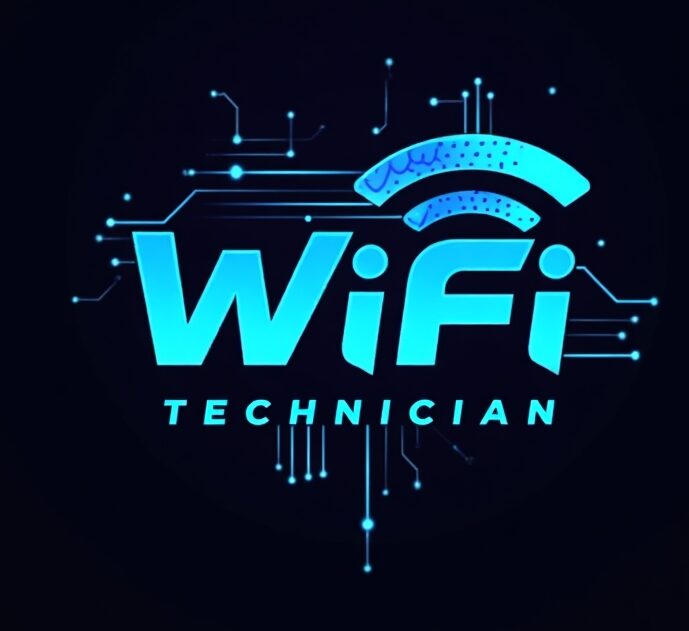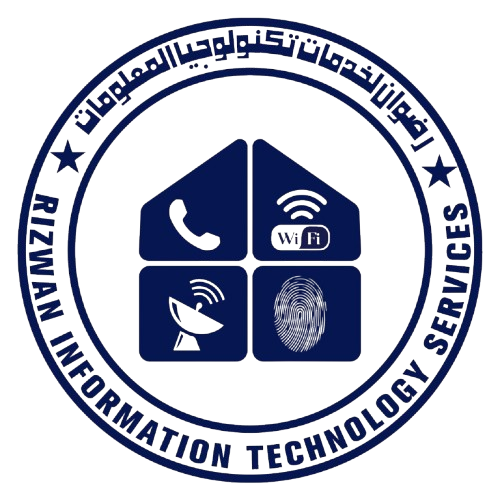IT SOLUTIONS

IT Solutions:
Introduction to IT Solutions
Information Technology (IT) solutions encompass a wide range of services, tools, and practices designed to improve and streamline the use of technology in businesses and organizations. These solutions are crucial for managing, processing, and storing information, enabling companies to operate efficiently and competitively in a fast-paced digital world.
Types of IT Solutions
- Infrastructure Solutions
- Network Infrastructure: Design and implementation of local area networks (LAN), wide area networks (WAN), and internet connectivity.
- Cloud Infrastructure: Utilizing cloud services (IaaS, PaaS, SaaS) to reduce hardware costs and enhance scalability.
- Data Center Solutions: Establishing and managing data centers for effective data storage, backup, and recovery.
- Software Solutions
- Enterprise Resource Planning (ERP): Integrated management systems that help organizations manage business processes.
- Customer Relationship Management (CRM): Systems designed to manage a company’s interactions with current and potential customers.
- Custom Software Development: Tailored applications to meet specific business needs.
- Security Solutions
- Cybersecurity: Solutions to protect against threats like malware, ransomware, and phishing attacks.
- Data Encryption: Techniques to secure sensitive information through encryption protocols.
- Access Control Systems: Management of user permissions and access to information systems.
- Support and Maintenance Solutions
- Help Desk Services: Providing technical support for users experiencing issues.
- Managed IT Services: Outsourcing IT management to third-party providers for ongoing support.
- System Monitoring: Continuous monitoring of systems for performance and security issues.
- Consulting Solutions
- IT Strategy Consulting: Helping organizations develop a roadmap for technology adoption and implementation.
- Digital Transformation: Guiding businesses in the transition to digital processes and tools.
- Compliance Consulting: Ensuring businesses meet regulatory requirements and standards.
Benefits of IT Solutions
- Increased Efficiency
- Automation of routine tasks reduces manual errors and frees up employee time for more strategic activities.
- Streamlined processes lead to quicker decision-making and response times.
- Enhanced Communication
- IT solutions facilitate better communication within organizations through tools like email, instant messaging, and video conferencing.
- Collaboration platforms allow for real-time collaboration on projects.
- Data Management and Analysis
- Centralized data storage solutions make it easier to access and analyze information.
- Business intelligence tools help in extracting insights from data to drive decision-making.
- Cost Savings
- Cloud solutions often reduce the need for physical infrastructure, leading to lower operational costs.
- Outsourcing IT services can save costs associated with hiring and training in-house staff.
- Scalability
- IT solutions can easily scale with business growth, allowing for quick adjustments to infrastructure and services as needed.
- Companies can adapt their IT resources based on current demands without major overhauls.
Challenges in Implementing IT Solutions
- Cost of Implementation
- Initial costs for setting up IT solutions can be high, especially for small to medium-sized enterprises (SMEs).
- Ongoing costs for maintenance, support, and upgrades can strain budgets.
- Integration Issues
- Existing systems may not easily integrate with new solutions, leading to compatibility challenges.
- Organizations may face disruptions during the transition phase.
- Security Concerns
- As technology evolves, so do security threats, requiring constant vigilance and updates to security measures.
- Data breaches can lead to significant financial and reputational damage.
- Change Management
- Employees may resist changes to established workflows, necessitating effective change management strategies.
- Training and support are essential to ensure smooth transitions.
- Rapid Technological Changes
- Keeping up with the fast pace of technological advancement can be challenging.
- Organizations must continuously evaluate and adopt new technologies to remain competitive.
Future Trends in IT Solutions
- Artificial Intelligence (AI) and Machine Learning
- AI is being increasingly integrated into IT solutions for predictive analytics, automation, and enhanced user experiences.
- Machine learning algorithms can improve decision-making and operational efficiencies.
- Cloud Computing Evolution
- The shift to multi-cloud and hybrid cloud environments allows businesses to optimize costs and flexibility.
- Edge computing is gaining traction, processing data closer to the source to reduce latency.
- Cybersecurity Innovations
- Advanced security solutions like AI-driven threat detection and response are becoming standard.
- Increased focus on zero-trust security models to protect sensitive data.
- Internet of Things (IoT) Integration
- IoT devices are being utilized across industries for real-time data collection and monitoring.
- IT solutions will need to address the challenges of managing vast amounts of data generated by IoT devices.
- Remote Work Solutions
- As remote work becomes more prevalent, IT solutions are evolving to support distributed teams with collaboration tools and secure access to resources.
- Virtual desktop infrastructure (VDI) allows employees to access their work environments from anywhere.
Case Studies of Successful IT Solutions
- Retail Industry: Walmart
- Walmart implemented a sophisticated inventory management system that utilizes real-time data analytics to optimize stock levels.
- This solution has improved efficiency and reduced costs, enabling Walmart to maintain its competitive edge.
- Healthcare: Mayo Clinic
- The Mayo Clinic adopted an integrated electronic health record (EHR) system to improve patient care and streamline operations.
- The system allows for better data sharing among healthcare providers, enhancing patient outcomes.
- Finance: JPMorgan Chase
- JPMorgan Chase implemented AI-driven analytics to enhance fraud detection and improve customer service.
- This solution has reduced losses from fraudulent activities while providing personalized services to customers.
Conclusion
IT solutions are vital for modern businesses aiming to enhance efficiency, security, and competitiveness. While challenges exist in implementing and maintaining these solutions, the benefits often outweigh the hurdles. As technology continues to evolve, staying ahead with innovative IT solutions will be essential for organizations looking to thrive in the digital age.


